
Phantom Blade Zero Developer Says He Wants to Get Back to the PS1 and PS2 Era of Creativity.
A Bold Vision for the Future Inspired by the Past: Can Phantom Blade Zero Bring Back Classic Innovation?
In a world where cutting-edge graphics and massive open worlds dominate the gaming industry, one developer is looking back in time for inspiration. The mind behind Phantom Blade Zero, an upcoming action RPG that’s already catching attention, has stated that his aim is to recapture the creativity that defined the PlayStation 1 and PlayStation 2 eras. This bold statement has sparked excitement among nostalgic gamers who long for the days when developers pushed boundaries with innovative designs, unique gameplay mechanics, and unforgettable stories.
A Glimpse Into the Past
The PS1 and PS2 eras were a golden age for gaming innovation. During this time, developers were limited by hardware, which often led to groundbreaking creativity as they sought to maximize the potential of the consoles. Games like Final Fantasy VII, Metal Gear Solid, and ICO became iconic not just for their graphics but for their ability to offer unique experiences that shaped the gaming landscape.
For many gamers, those days are synonymous with fresh ideas and experimental gameplay that set the stage for the industry’s evolution. Now, the developer behind Phantom Blade Zero seeks to tap into this magic, acknowledging that the sheer passion and creativity of that era is often missing from today’s titles.
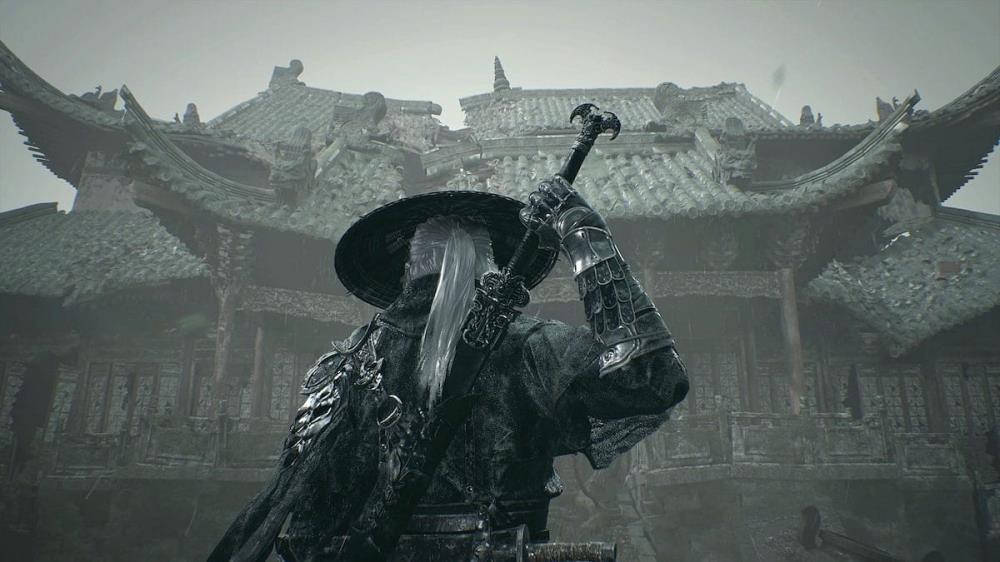
What Does This Mean for Phantom Blade Zero?
Phantom Blade Zero is already being praised for its visually stunning aesthetic, blending traditional Chinese martial arts with a high-tech, steampunk-inspired world. But it’s the developer’s desire to return to the PS1 and PS2 era of gaming that has fans truly excited.
By aiming for a simpler yet more imaginative approach, the game may eschew some of the conventions of modern AAA titles, which often focus heavily on graphical fidelity, open-world design, and online multiplayer. Instead, we might see a more focused narrative, innovative combat mechanics, and an emphasis on artistic direction—all hallmarks of the PS1 and PS2 eras. This could mean a tight, story-driven experience that embraces the magic of old-school RPGs and action games.
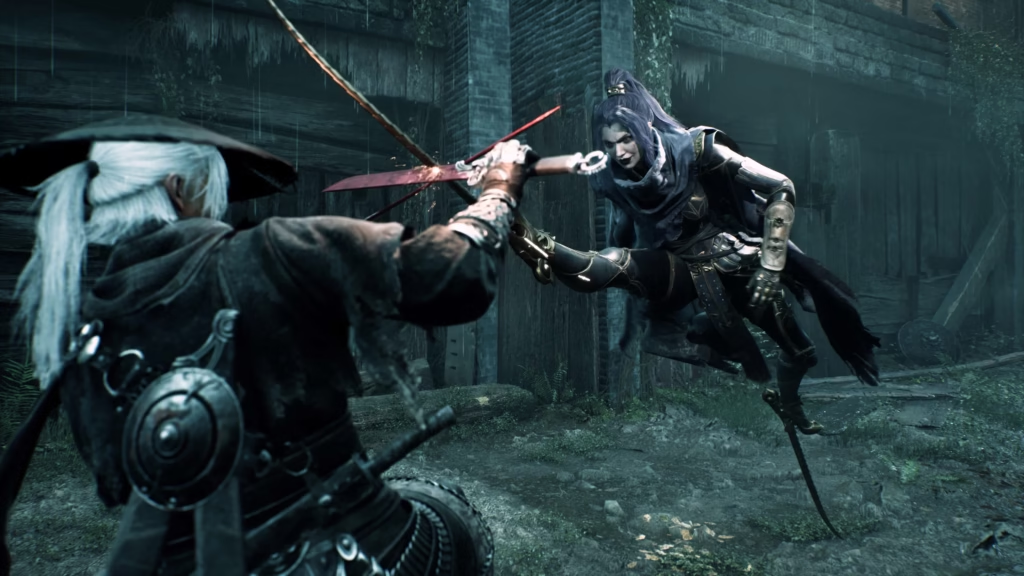
Moreover, the developer has hinted that there could be a deliberate lack of hand-holding in the game, something that was common in many PS1 and PS2 titles. Phantom Blade Zero might not shy away from challenging gameplay that demands creativity from players, reminiscent of the era where trial-and-error was part of the experience.
Why This Approach Matters
In today’s gaming climate, many players have become accustomed to open-world environments filled with markers and tutorials guiding their every step. The idea of rediscovering creativity—where players must think outside the box and engage with the game on a deeper level—seems like a breath of fresh air.
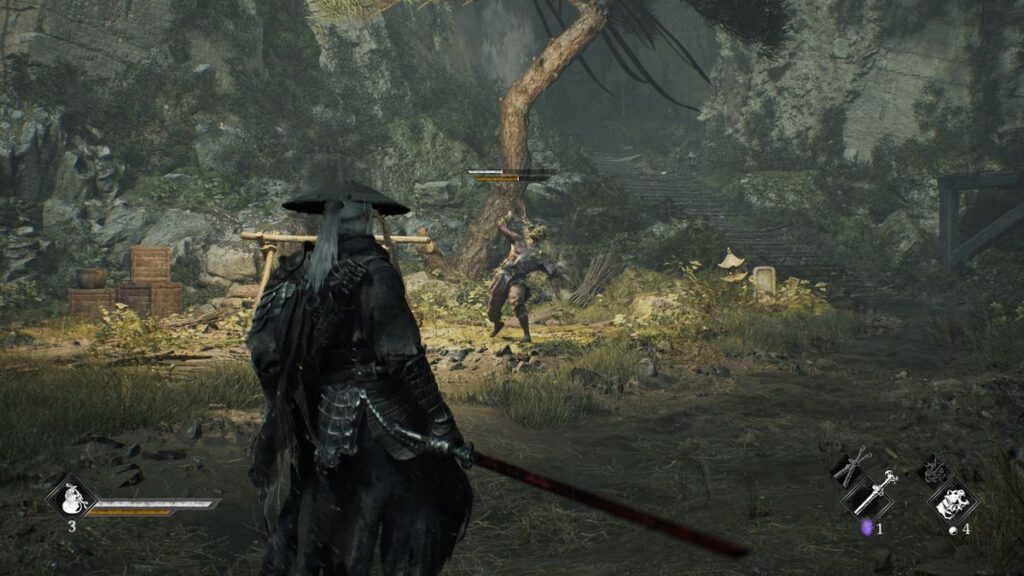
The PS1 and PS2 games were often revered for their memorable worlds, innovative combat systems, and storytelling that didn’t rely on the latest graphics to leave a lasting impact. If Phantom Blade Zero can successfully channel this energy, it might not only stand out in a sea of modern releases but also spark a movement that encourages other developers to take more risks with their projects.
Will Phantom Blade Zero Live Up to the Vision?
It’s still early, but the developer’s vision for Phantom Blade Zero offers exciting potential. If this game can capture the essence of the PS1 and PS2 era—without feeling overly dated—it could set a new standard for how creativity is approached in modern gaming. With a strong focus on storytelling, art direction, and innovative gameplay mechanics, Phantom Blade Zero has the potential to carve out a unique identity in an industry that often prioritizes scale over substance.
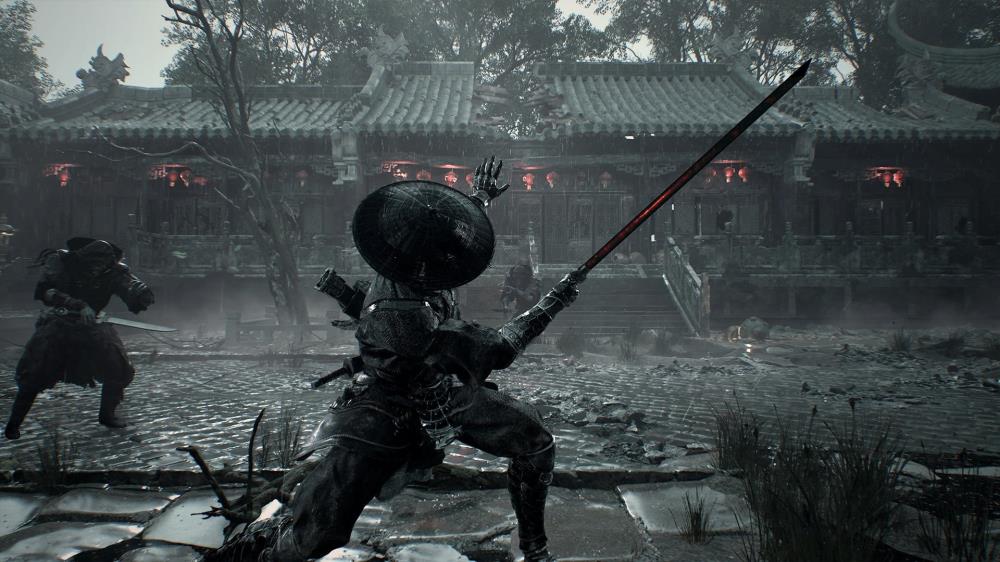
As we await further details on the game’s development, one thing is clear: the return of creativity from an era of gaming that pushed boundaries could be just what the industry needs.
Share this content:
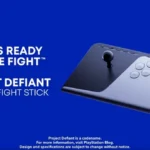


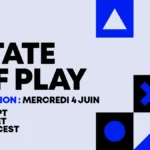


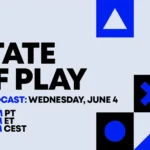

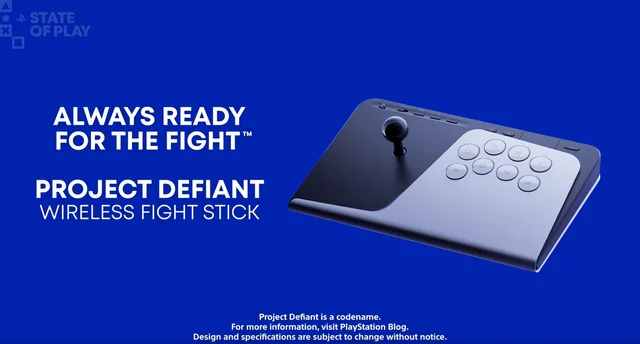
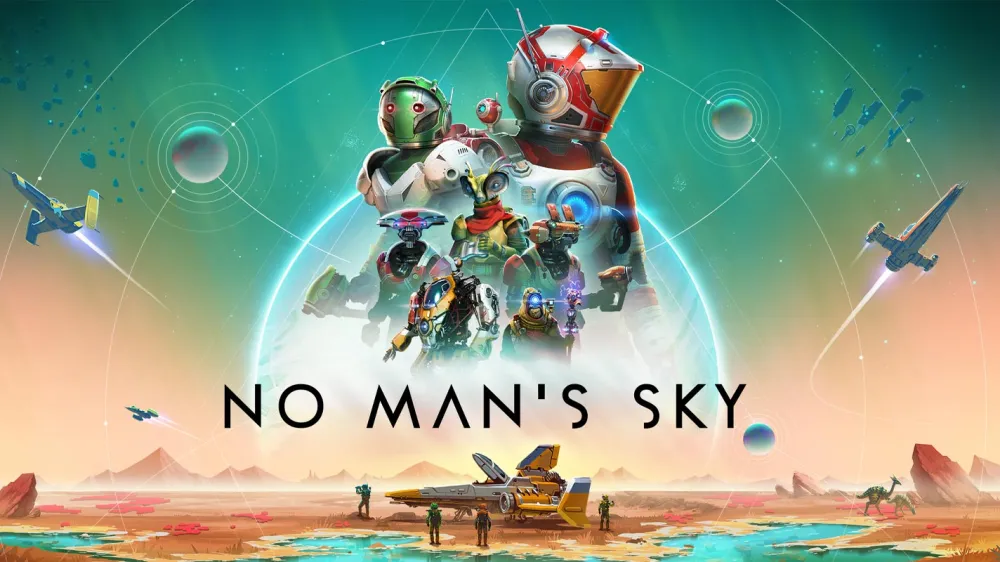
Post Comment